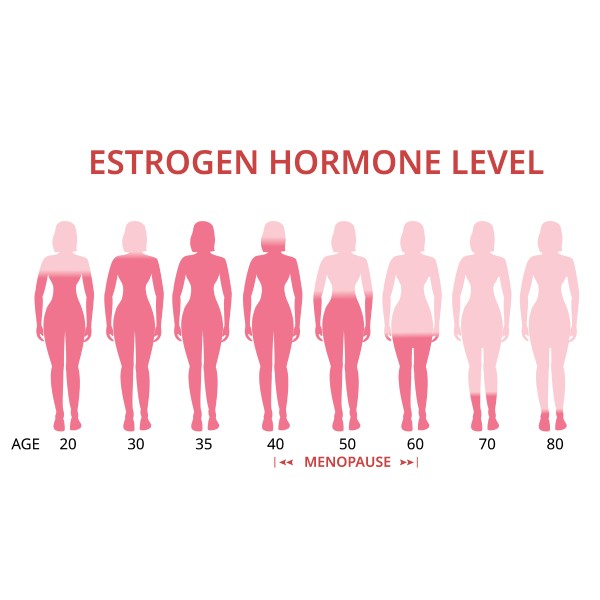Our Practice
Menopause Clinic at 9M Hospitals
Menopause is a phase that every woman goes through as she ages. The state when women permanently stop having regular periods is called as menopause. At this stage, the ovaries have stopped producing the hormone oestrogen and releasing eggs. Menopause is confirmed when a woman has gone without a menstrual period for 12 successive months. The late 40s to early 50s is when women usually reach menopause. However, women can undergo “sudden” surgical menopause if they have their ovaries surgically removed due to a medical condition. Due to withdrawal of the female hormones, women tend to experience a host of symptoms that can affect the quality of life.
Today, there are treatments available to treat these symptoms.
There are two main types of hormone therapy:
- Oestrogen therapy (ET): In this treatment, oestrogen is administered. It can be taken as a pill or patch and is typically prescribed in a low dose. Women are prescribed oestrogen therapy after a hysterectomy.
- Oestrogen Progesterone/Progestin Hormone Therapy (EPT): This treatment is also known as combination therapy because it uses doses of female hormones progesterone and oestrogen. Progesterone is available in two forms i.e., the natural form, also known as a progestin and synthetic forms called dydrogesterone, etc. This kind of hormone therapy is used in most women.
Hormone therapy can relieve symptoms of menopause such as:
- Hot flashes
- Vaginal dryness
- Night sweats
- Hair loss
- Irritability and mood swings
- Loss of sexual desire
Like any other treatment, there are some risks associated with hormone therapy. Some known health risks include:
- Endometrial cancer
- Gallbladder issues like gallstones
- Deep vein thrombosis
- Blood clots
- Pulmonary embolism
- Stroke
Our experts will suggest certain medicines as well as lifestyle changes that can also help manage menopause symptoms. These changes include:
- Dietary changes
- Exercise and weight maintenance
- Regular Cervical Screening and Mammograms After Menopause
Our gynaecologists will recommend you to get regular cervical smears and mammograms. In a cervical screening, a smear test is performed that checks for the health of your cervix. A tiny sample of cells is collected using a swab from your cervix to test for human papillomavirus. This virus can cause changes in the cells of the cervix and, if not treated on time, could lead to cervical cancer. Similarly, a mammogram is an X-ray done to detect breast cancer before any signs and symptoms are visible. Moreover, if you are over 50, mammography is recommended periodically.

Reasons You Should Choose Menopause Clinic at 9M for your Treatment:
- Personalised Treatment For Menopause and Beyond:
Every woman’s menopause journey is unique. Our experienced team works with you to build treatment plans based on your symptoms and unique needs. - Multidisciplinary Care
If you need treatment due to menopausal-related symptoms, our multidisciplinary team consisting of nutritionists, orthopaedics, psychologists, etc at Ankura hospital will provide inclusive and complete treatment. - Flexible Treatment
Our team of experts will work with your general or family physician to create a treatment plan that is suitable and safe for you keeping your individual preferences in mind.
FAQs About Menopause
If you haven’t had a menstrual period for 12 consecutive months, it’s a sign of menopause. Connect with our expert gynaecologist if you are experiencing bleeding even after menopause.
No, you can’t become pregnant after going through menopause because the ovaries are no longer releasing eggs to be fertilised.
Perimenopause is the state that occurs before menopause. It is usually known as the transition phase, after which your body makes a natural transition to menopause. Symptoms are similar to that of menopause.
Some women may experience insomnia which is the inability to fall asleep or stay asleep through the night. This can be a side effect or symptom of menopause. For instance, a common symptom of menopause is hot flashes which can cause sleepless nights.
The goal of this initiative is to provide excellent care with thorough continuous monitoring to women of all ages. We hope to protect you against infection and diseases with regular gynaecological care. Moreover, we aim to support women emotionally and socially while they experience gynaecological disorders. At Ankura Hospital, you can opt for a range of treatment options for your gynaecological disorders with our expert gynaecologist to assist you every step of the journey.
